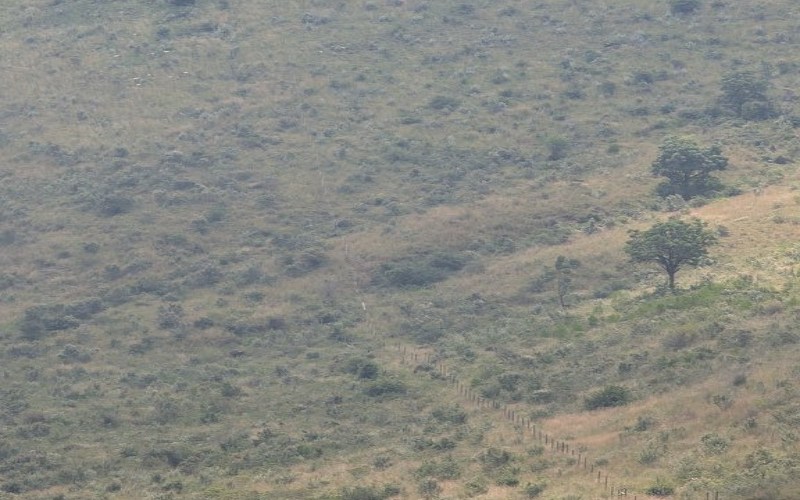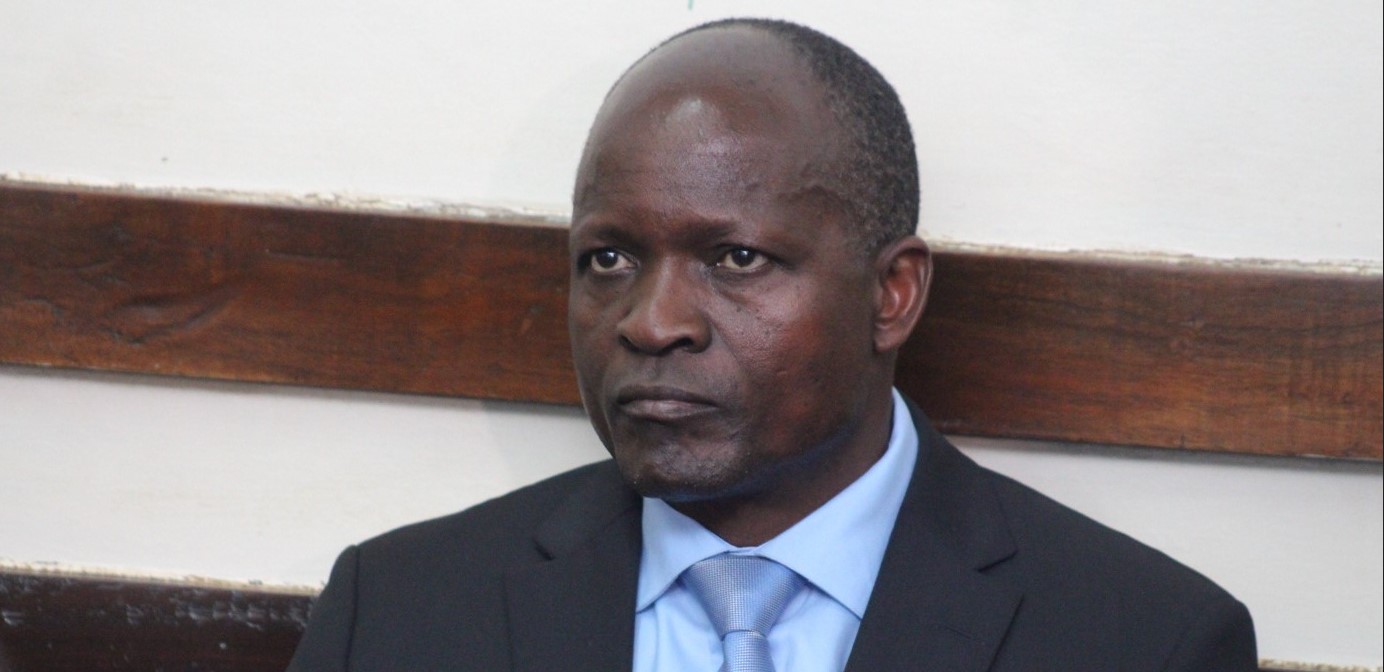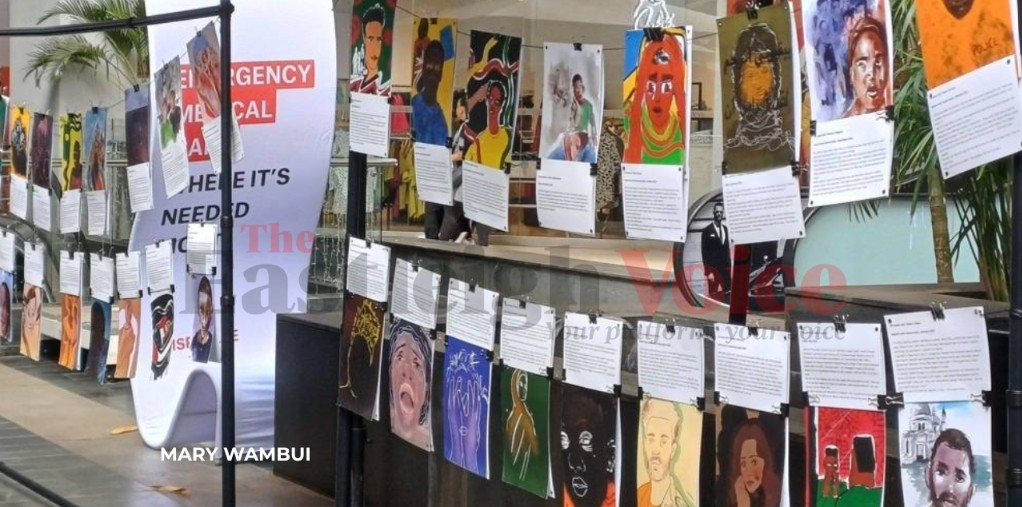Government shifts cargo clearance to Nairobi, Naivasha in bid to decongest Mombasa Port

Under the new arrangement, containerised cargo destined for Mombasa will be cleared at Container Freight Stations (CFSs), while cargo bound for Nairobi and other upcountry destinations will be transported via rail to the Nairobi Inland Container Depot (ICD).
In a bid to reduce congestion and speed up cargo processing at the Port of Mombasa, all long-stay containers will now be transferred to customs-licensed peripheral facilities, with Nairobi, Naivasha and Mombasa-based depots handling cargo based on its final destination.
The initiative is part of a joint effort by the Kenya Ports Authority (KPA) and Kenya Revenue Authority (KRA) to streamline clearance, promote trade efficiency and strengthen the competitiveness of the port and associated logistics corridors.
More To Read
- Two new multipurpose vessels arrive at Mombasa Port to enhance marine operations
- KRA’s official X account hacked, public warned against fraudulent posts
- High Court rules in favour of KRA in Sh1.1 billion tax dispute, orders fresh tribunal hearing
- Treasury reports Sh16.9 billion in excise duty waivers amid push for local manufacturing
- Shimoni port welcomes first cruise ship, boosting Kwale County’s tourism revival
- IMF questions Kenya’s exchange rate policy amid new funding negotiations
Under the new arrangement, containerised cargo destined for Mombasa will be cleared at Container Freight Stations (CFSs), while cargo bound for Nairobi and other upcountry destinations will be transported via rail to the Nairobi Inland Container Depot (ICD).
Containers headed for Uganda will be sent to the Naivasha Inland Container Depot (NICD) for clearance.
To encourage faster evacuation, KPA and KRA said they will waive 100 per cent of accrued storage and warehouse rent for long-stay cargo for 30 days, upon submission of a waiver application by affected customers. Shipping lines have also been directed to waive container detention and accrued demurrage charges during this period.
“Primary port charges, rail freight fees, shipping line costs and statutory taxes will still apply,” the agencies said in a statement following a high-level meeting chaired by the Executive Office of the President and the Council of Economic Advisors at KPA Headquarters.
KRA noted that it will determine which cargo qualifies for auction, sustaining gazette notices to allow importers to clear consignments. Approved cargo designated for destruction will also be transferred to licensed destruction sites.
“Containers under the Single Customs Territory (SCT) regime will generally be exempted from e-seal arming processes, except in cases identified through risk assessment,” reads the statement.
Importers have been urged to nominate their preferred CFS for clearance; if none is nominated, KPA will assign consignments to available facilities near the port.
Multi-agency interventions by Port Government Agencies (PGAs) will also be conducted outside the port to ensure that all issues are resolved within five days. KRA said it will implement the Pre-Arrival Processing (PAP) of cargo to further expedite clearance.
The government has indicated that medium-term measures will focus on aligning policy actions and digitisation initiatives to sustain port efficiency and maintain the Port of Mombasa as the region’s preferred maritime gateway.
“These measures are designed to facilitate trade, ensure efficient cargo clearance, and maintain the competitiveness of the Port of Mombasa and the associated logistics corridors,” KPA Managing Director William Ruto said.
Lilian Nyawanda, representing the KRA Commissioner General, added, “Through these interventions, we are committed to improving turnaround times and reducing congestion at the port, while maintaining compliance with statutory regulations.”
The meeting was also attended by port stakeholders, including the Kenya Bureau of Standards (KEBS), the Kenya Plant Health Inspectorate Service (KEPHIS), the Kenya Shippers’ Association (KSAA), the Shipping Cargo Exporters Association (SCEA), the Kenya International Freight and Warehousing Association (KIFWA), the Kenya Trade Authority (KTA), the Cargo Freight Stations Association (CFSA) and the Clearing and Forwarding Managers Association (CMA).
Top Stories Today













































